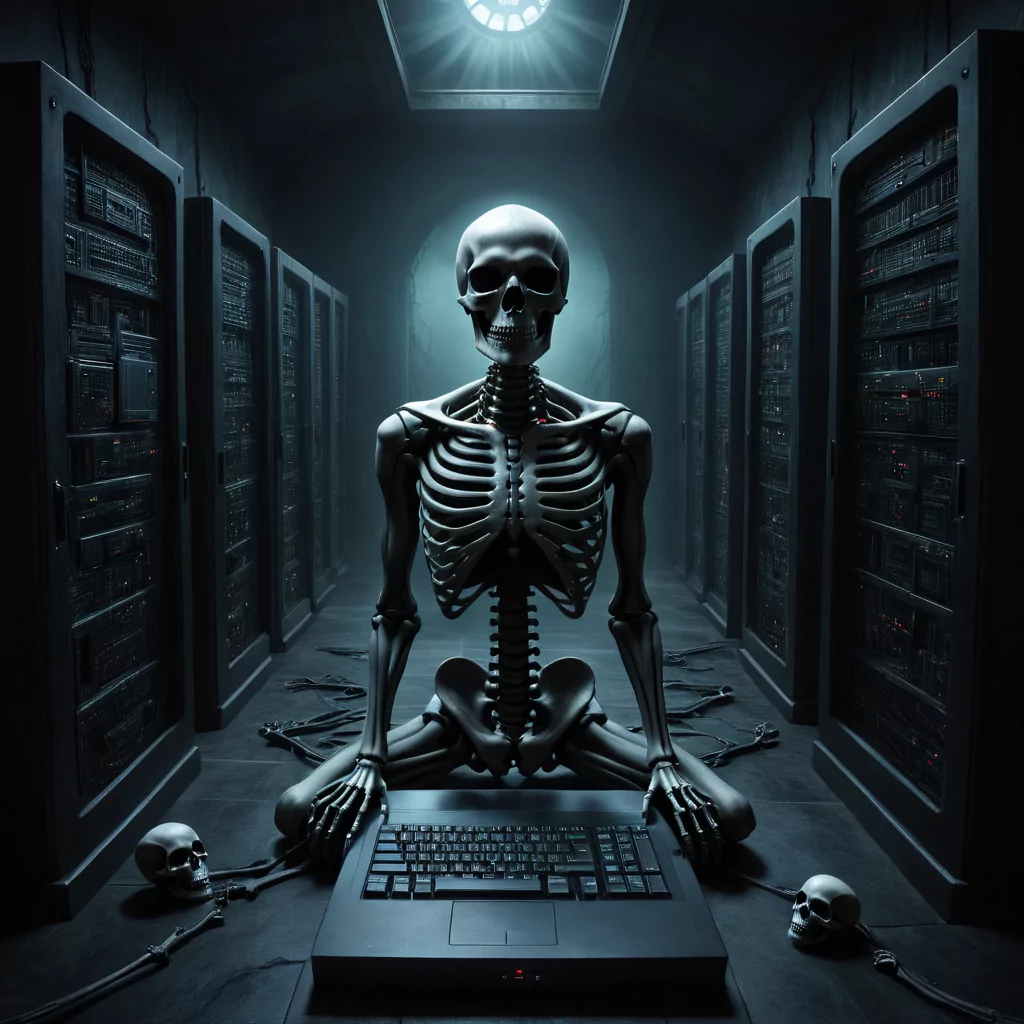Exploring the High-Stakes Battle Involving Billions in Damages and the Future of AI and Journalism

In a dramatic conclusion to 2023, The New York Times has initiated legal proceedings against tech giants OpenAI and Microsoft, alleging copyright infringement related to the training of various AI chatbots, including the popular ChatGPT. This legal battle has ignited a broader conversation about AI models, copyright concerns, and the potential repercussions for media outlets and tech companies alike.
The Core of The New York Times’ Case
The media powerhouse asserts that AI chatbots developed by OpenAI and Microsoft have been trained on millions of articles published by The New York Times, encompassing news pieces, in-depth investigations, opinion pieces, reviews, and how-to guides. The lawsuit contends that this unauthorized use not only threatens The Times’s ability to deliver its journalistic services but also positions these AI tools as direct competitors, providing information similar to the renowned media outlet.
The Allegations and Impact
The court filing explicitly accuses the defendants of copying and utilizing copyrighted material without permission, essentially leveraging The Times’s extensive investment in journalism to build products that directly compete with its offerings. The media outlet argues that this “free-riding” jeopardizes its relationships with readers and results in tangible financial losses, including subscription, licensing, advertising, and affiliate revenue.
The New York Times’ Demands
While specific monetary figures are not disclosed, The New York Times seeks accountability from OpenAI and Microsoft for what it claims are “billions of dollars in statutory and actual damages” resulting from the alleged infringement. The filing specifies the desire for statutory damages, actual damages, restitution of profits, and other remedies provided by law, including full costs and attorneys’ fees.
Response from OpenAI and Microsoft
While Microsoft has refrained from commenting on the matter, OpenAI released a statement expressing surprise and disappointment at the legal action. The company spokesperson mentioned ongoing constructive conversations with The New York Times, emphasizing OpenAI’s commitment to respecting content creators’ rights and expressing hope for a mutually beneficial resolution.
Wider Concerns in the AI Realm
This lawsuit is not an isolated incident; concerns regarding AI models and copyrighted material have been brewing for some time. Artists raised objections against AI text-to-image generators in 2022, alleging the unauthorized use of copyrighted material. In a parallel vein, a group of authors filed lawsuits against OpenAI and Meta in the previous year, making similar claims about the misuse of copyrighted materials in AI products.

The Potential Ripple Effect
The decision by The New York Times to take legal action against OpenAI and Microsoft sets a significant precedent. With a growing awareness of AI’s use of copyrighted content, media outlets may follow suit, potentially leading to a wave of lawsuits. A November 2023 report from the News Media Alliance suggested that large language models often use training datasets containing copyrighted content from various media organizations, hinting at the broader implications of this legal battle.
Conclusion
As the legal drama unfolds, the clash between The New York Times, OpenAI, and Microsoft marks a pivotal moment in the ongoing conversation about the intersection of AI, copyright, and the future of journalism. The outcomes of this lawsuit could have far-reaching consequences, shaping the landscape for both media entities and tech innovators in the evolving digital era.


























